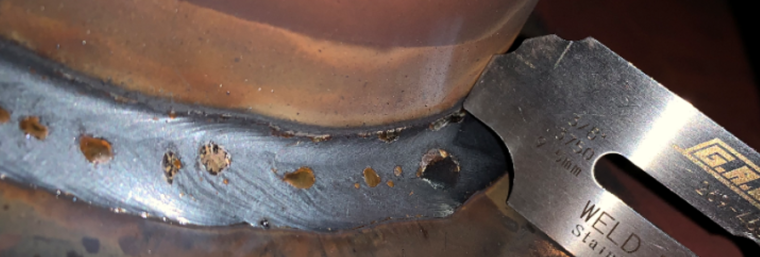3 Reasons Why You Need to Make Smaller Welds

Bigger is not always better, at least not in welding. Making welds bigger than they need to be is not only wasteful and costly, but can cause other problems such as distortion and premature failure. Below are 3 reasons why you may need to pay close attention to your weld sizes. 1. Bigger welds cost […]








